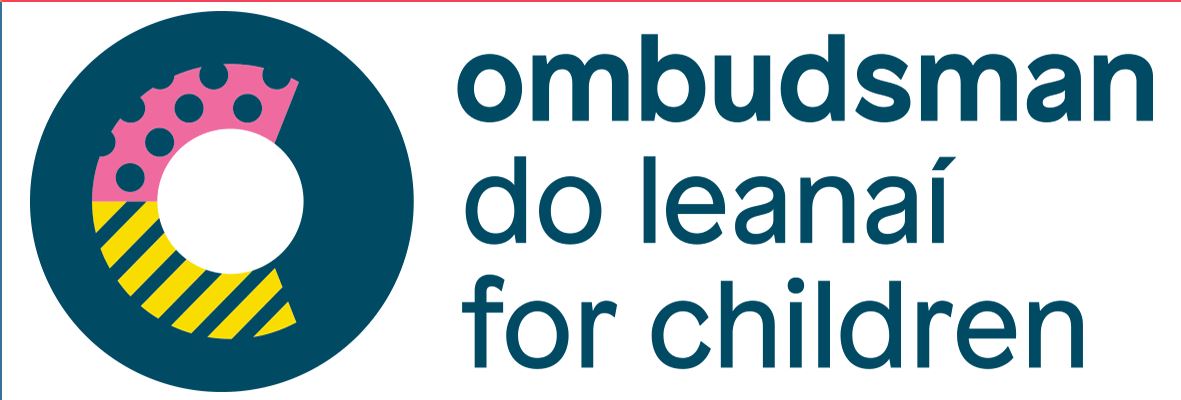
A poll of over 2,000 adults in the UK found that money worries top the list of reasons why marriages break down, with one in five saying it was the biggest cause of marital strife.
Over a third of those questioned said that financial pressures were the biggest challenge to their marriage, while a fifth said that most of their arguments were about money. One in five of those polled blamed their partner for their money worries, accusing them of overspending or failing to budget properly.
The latest figures available from the Office for National Statistics show that 107,000 couples divorced in 2016 – up 5.8 per cent from the previous year.
“Money is always a common issue and if one person feels that their partner is not pulling their weight financially or at least trying to then it can very quickly cause resentment to grow,” said Lorraine Harvey, family lawyer at law firm Slater and Gordon, who commissioned the survey.
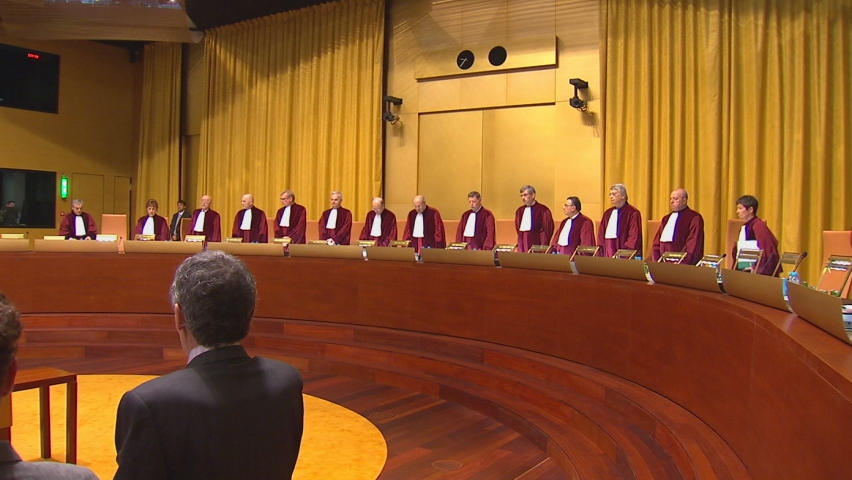
Human rights advocates have strongly criticised the European Court of Human Rights (ECtHR) for supporting the decision of Swiss authorities to refuse asylum to an Iranian national who converted from Islam to Christianity. The court ruled that the asylum-seeker would not face a threat back in Iran if he practiced his new faith “discretely”. This is despite a report of the Open Doors Foundation which ranked Iran as the 8th most difficult country in the world for Christians with the level of persecution they suffer classed as “extreme”. The report said that in Iran, Christianity is considered a Western influence and a threat to the Islamic identity of the Republic, and “Converts to Christianity from Islam make up the largest group of Christians and experience the worst persecution”.
Legal researcher and human rights advocate, Ewelina U. Ochab, said the only reasonable conclusion is that by “practising faith discreetly”, the Swiss authorities meant “not practising faith at all”, as the practice requires some degree of manifestation and as per the several reports of different organisations, this practice is significantly limited if not impossible in Iran. Calling the decision of the Court a “blow to individuals persecuted for their religion”, Ms Ochab concluded that “religious persecution continues to be misunderstood and neglected”.

Pope Francis addressed members of the Diplomatic Corps accredited to the Holy See on Monday and called for the defence of life and support for families based on the married love of a man and woman.
In a speech that marked seventy years since the signing of the UN Declaration on Human Rights, the Pope said it was painful to see how many fundamental rights continue to be violated today. “First among all of these is the right of every human person to life, liberty and personal security,” he told the assembled diplomats, adding: “I think primarily of innocent children discarded even before they are born, unwanted at times simply because they are ill or malformed, or as a result of the selfishness of adults”. The Pope also mentioned the elderly, “who are often cast aside, especially when infirm and viewed as a burden”, and women who “repeatedly suffer from violence and oppression, even within their own families”.
He also made special mention of the family, which the UN Declaration called a “natural and fundamental group unit of society,” and the right to form a family, which it said, “is entitled to protection by society and the state”. However, he said what is most needed are families that are built on solid foundations rather than fleeting relationships: “And this rock is precisely that faithful and indissoluble communion of love that joins man and woman, a communion that has an austere and simple beauty, a sacred and inviolable character and a natural role in the social order”. He added: “I consider it urgent, then, that genuine policies be adopted to support the family, on which the future and the development of states depend.”
He sounded a note of caution regarding the changed interpretation of rights, particularly in the wake of the social upheaval of the 1960’s, as a number of “new rights” have arisen that conflict with other rights. He said that since debatable notions of human rights have been advanced that are at odds with the culture of many countries, this has caused some countries to “feel that they are not respected in their social and cultural traditions, and instead neglected with regard to the real needs they have to face”. He continued: “Somewhat paradoxically, there is a risk that, in the very name of human rights, we will see the rise of modern forms of ideological colonisation by the stronger and the wealthier, to the detriment of the poorer and the most vulnerable”. Neither did the Pope advocate an absolute adherence to local customs should they involve violations of human dignity. “At the same time, it should be recalled that the traditions of individual peoples cannot be invoked as a pretext for disregarding the due respect for the fundamental rights proclaimed by the Universal Declaration of Human Rights”.

Known rates of all major sexually transmitted diseases have increased dramatically from 2012 to 2016 according to new data. The figures from the Health Protection Surveillance Centre (HPSC) show that there has been an increase known cases of HIV (+51pc), Syphilis (+11pc), Gonorrhea (+53pc), Chlamydia (+10pc) and Herpes (+21pc) over that four year period. In particular, HIV cases have soared from 339 in 2012 to 511 in 2016, while cases of Gonorrhea have spiraled from 1,282 in 2013 to 1,958 last year. Chlamydia continues to be Ireland’s dominant STI with 6,896 instances of the disease recorded in 2016. The surge in rates of STDs has occurred despite repeated sexual health education campaigns. As Christmas and New Year often sees a spike in infection rates, Sexual Health Centres across Ireland are now increasing their screening hours and have urged people concerned about possible infections to get checked as soon as possible. HSE public health officials also appealed to people with a stark warning for those who might be infected: “Anyone concerned about a possible infection should cease all sexual activity until they are tested,” an official said.
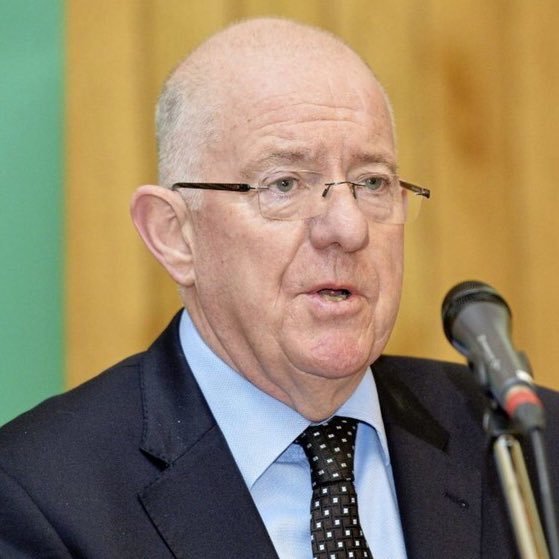
The Minister for Justice, Charlie Flanagan, is seeking an early hearing of a Supreme Court appeal against a finding that “unborn” in the Constitution refers to a “child” with significant personal rights above and beyond the right to life.
The date for the appeal is expected to be set this coming Friday. As the Court has already described the case as raising issues of “systemic” importance, it is likely to get an early hearing date.
Lawyers for the Minister disagree with a 2016 High Court finding of Judge Richard Humphreys that the “unborn” is an “unborn child” with numerous effective rights. They insist the unborn child only enjoys a right to life, as a result of the Eighth Amendment, and no other rights.
The grounds of appeal include the Minister’s insistence the High Court was wrong to find the unborn is a “child” for the purposes of Article 42A, inserted as a result of the 2012 referendum, and to find that Article 42A affords protection for the rights of “all” children “both before and after birth”.
If the High Court findings are upheld, they will have “serious repercussions” for the duties of the State, particularly entities such as the Child and Family Agency, the Minister has argued in court documents. It would also affect the remit of the Minister for Children Katherine Zappone who currently denies she must advocate for unborn children.
It is not known whether the appeal will be decided before the expected referendum this year on the Eighth Amendment. If, however, both the Minister’s appeal were successful and the pro-life amendment were repealed, then unborn children would be left with no explicit Constitutional rights.
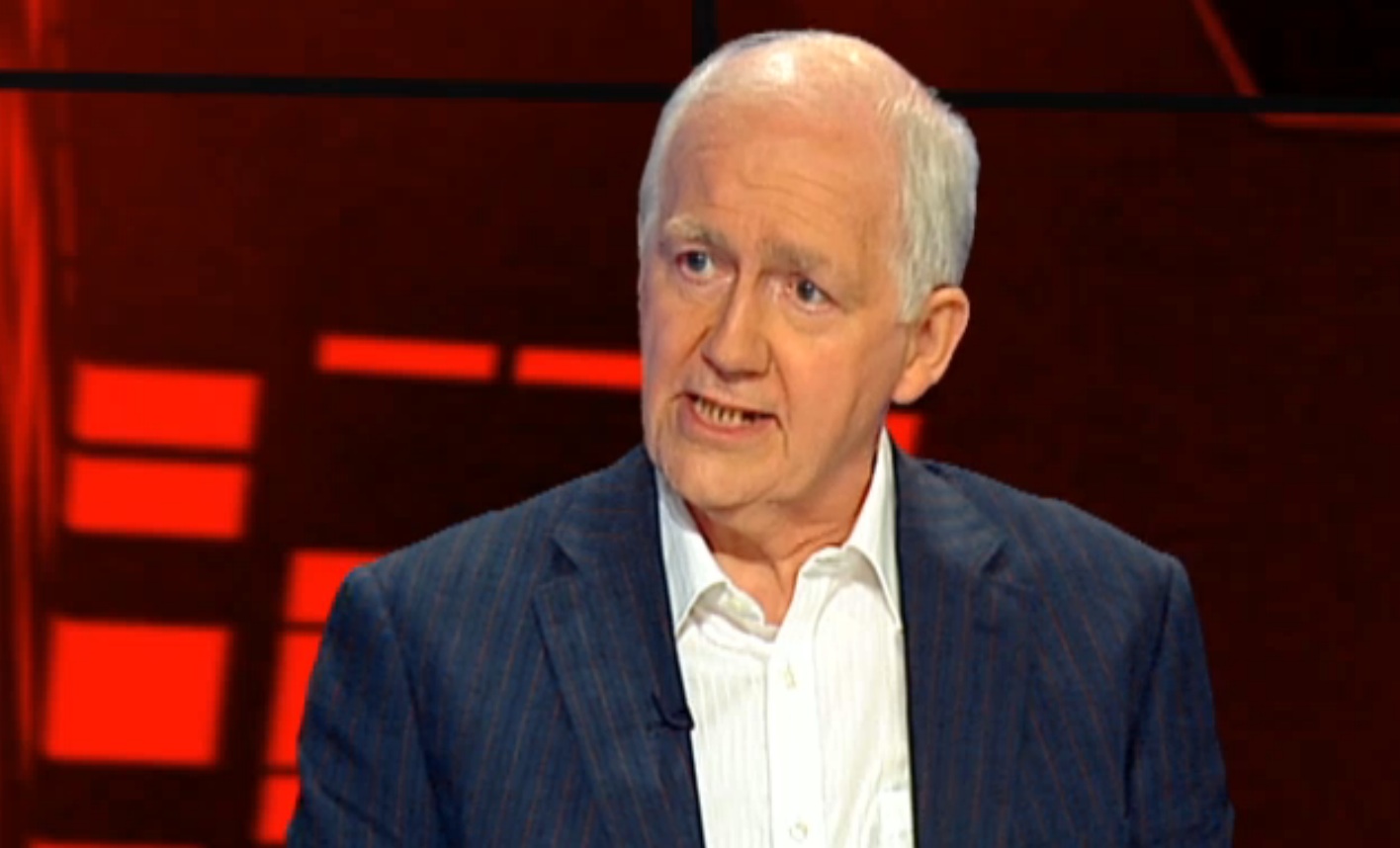
The recommendations of the Oireachtas abortion commitee green lights abortion for disability, up to birth, according to constitutional law expert, Professor William Binchy. The report containing the recommendations does not expressly mention non-fatal disabilities such as Down Syndrome as a ground for abortion, but Prof Binchy says they effectively allow it given the sheer breadth of grounds they did endorse. Calling the report a “dismal document”, he said it proposes “the introduction of abortion on demand, expressly for the first twelve weeks of the child’s life, and covertly at all stages potentially up to birth”.
The committee proposed the abortion of unborn children in the first 12 weeks of their lives “with no restriction as to reason”. Abortion for disability clearly falls within its scope as, Prof Binchy writes, “if no reasons need be given, any reason will do”.
After 12 weeks, abortion for disability can also feature, he writes, “again not expressly, though under the name of ‘mental health'”. Such a ground has tended internationally to be very broad in practice. Professor Binchy is a legal adviser to the Pro-Life Campaign.
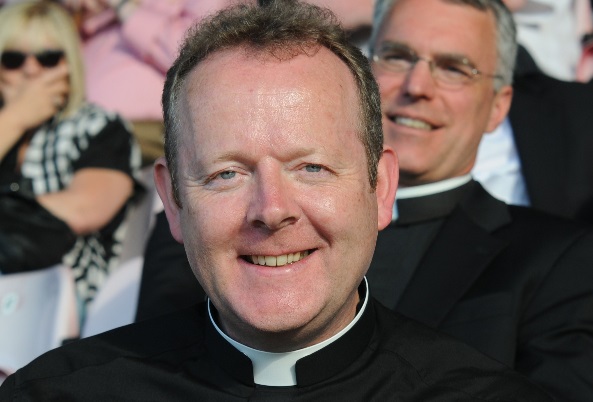
The Catholic Archbishop of Armagh, Eamon Martin, has urged Catholics to become “missionaries for the cause of life” in the run-up to the expected abortion referendum later this year. In a pastoral message for 2018, Dr Martin said Catholics should ignore the “strong pressures to remain silent” and speak to relatives, friends, and politicians about “cherishing the precious gift of life at all times from conception to natural death”.
In the message, the Archbishop remarked: “All human life is sacred. All human life is precious. This is why the direct and intentional taking of innocent human life is always gravely wrong. “Article 40.3.3 [the Eighth Amendment] is a declaration of equality and respect for human life – it represents, at the very foundations and substructure of our laws, a conviction that all human life is equally worth cherishing.
“To repeal this Article will leave unborn children defenceless, and completely at the mercy of whatever abortion laws are introduced in Ireland – both immediately and as will inevitably be further broadened in future years.”
The Archbishop added: “Both [women’s and babies’] lives deserve protection from the tragedy and irreversible decision of abortion.”

The US State Department has released its 2017 list of governments “that have engaged in or tolerated systematic, ongoing, and egregious violations of religious freedom”. The list names Burma, China, Eritrea, Iran, North Korea, Sudan, Saudi Arabia, Tajikistan, Turkmenistan, and Uzbekistan as ‘Countries of Particular Concern’, while Pakistan was also placed on a Special Watch List for severe violations of religious freedom. In a press release accompanying the publication of the list, spokesperson Heather Nauert said in far too many places around the globe, people continue to be killed, persecuted, unjustly prosecuted, or imprisoned for exercising their right to freedom of religion or belief. In particular, the State Department list named governments who have infringed upon individuals’ ability to adopt, change, or renounce their religion, worship in accordance with their beliefs, or be free from coercion to practice a particular religion or belief.
The U.S. Commission on International Religious Freedom (USCIRF) welcomed the State Department’s list, with its Chairman Daniel Mark saying, “The designation of these countries is a key step in ensuring continued U.S. engagement in support of international religious freedom. Although USCIRF agrees with the 10 countries on the State Department’s list, it does not go far enough. Secretary Tillerson should have also designated the Central African Republic, Nigeria, Pakistan, Russia, Syria, and Vietnam.”

A transsexual who used sperm he had banked prior to his ‘gender reassignment’ to ‘female’ to have a baby with his female partner cannot be legally registered as a ‘mother’ of the child, Germany’s highest civil and criminal court ruled on Thursday.
The Federal Court of Justice said only the woman who gives birth can be considered the child’s legal mother. In its ruling, the Court said that although the rights and duties of a transsexual person depended on their new gender, the legal relationship with his or her children remained unchanged.
The ruling was a surprise because the Court has recently adopted a more liberal stance to gender identity issues. In November, Germany’s constitutional court ruled in favour of the introduction of a third gender category for people who do not identify as either male or female or are born with an ambiguous sexual anatomy.
